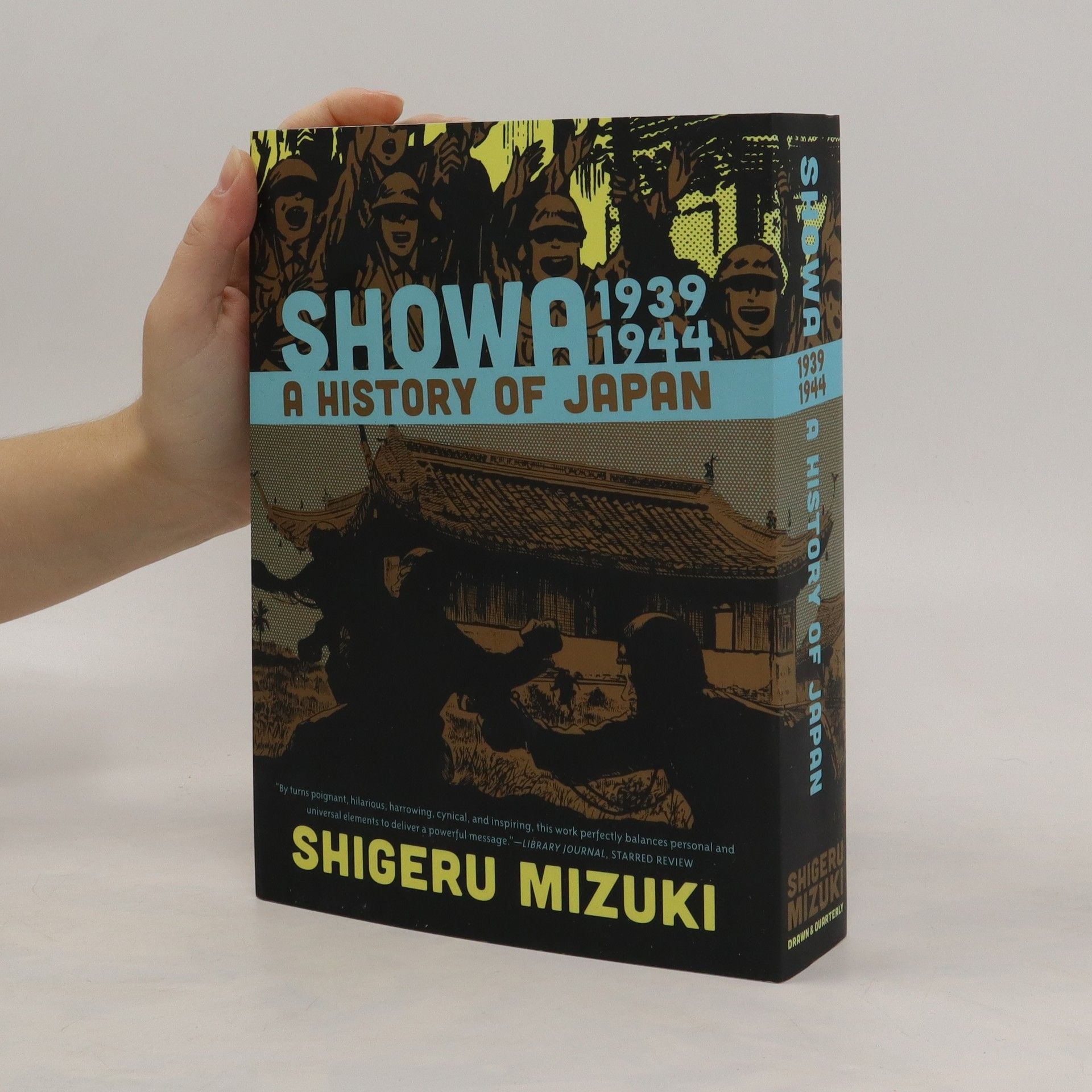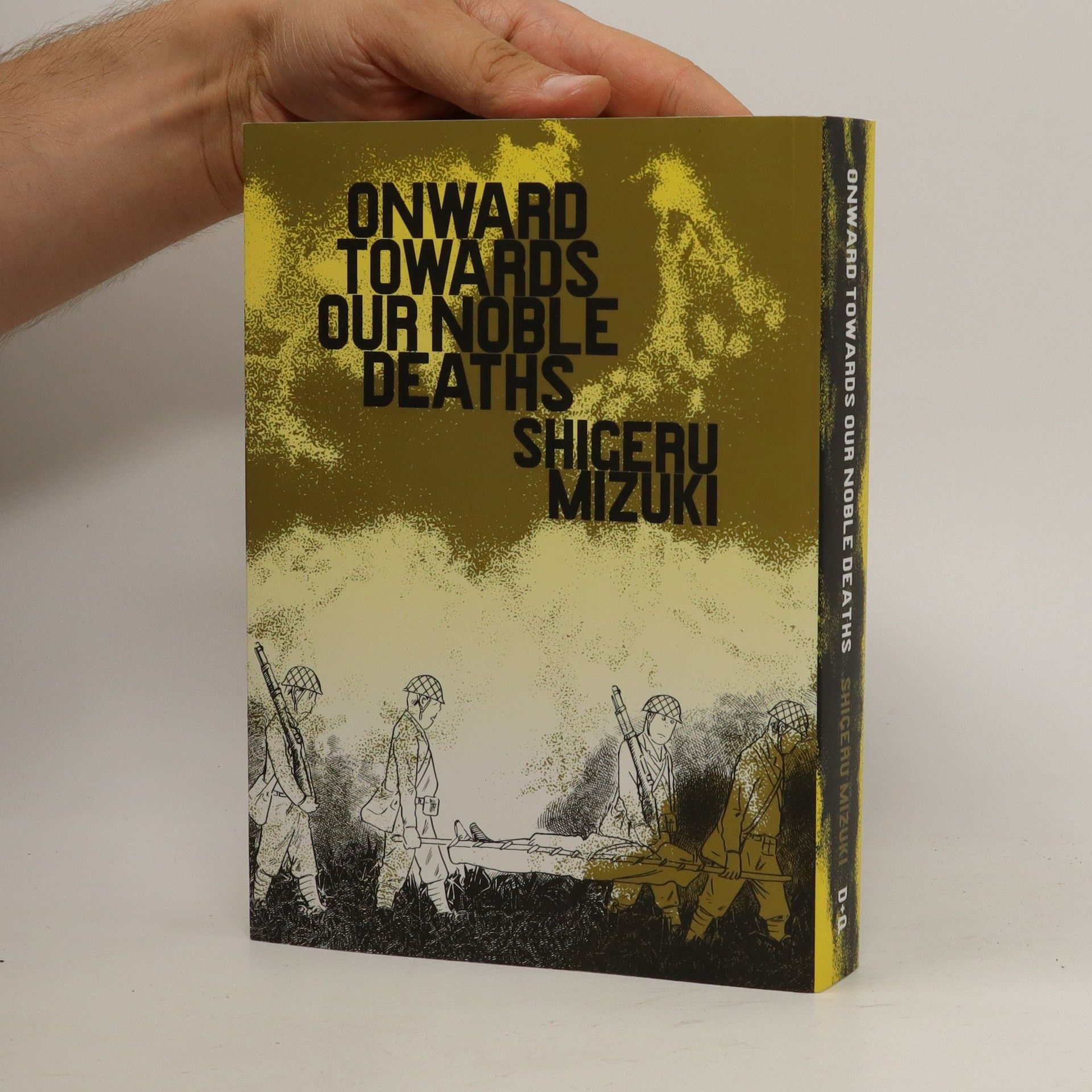Shigeru Mizuki es uno de los autores de manga que gozan de un mayor prestigio en Japón. De su mano han salido obras tan importantes como NonNonBa, Operación Muerte o Kitaro, publicadas en castellano por Astiberri. Parte de su periplo vital ha quedado plasmado en las dos primeras obras mencionadas pero, en esta serie, que constará de seis volúmenes, el autor japonés aborda su autobiografía desde su infancia hasta la actualidad. Una vida apasionante en la que haber perdido un brazo en la Segunda Guerra Mundial no le impidió convertirse en uno de los autores más admirados del público japonés y, en los últimos años, en uno de los más celebrados a nivel internacional. Finalizada la guerra y de vuelta en Japón, Mizuki debe buscarse la vida. Tras unos comienzos difíciles empieza a colaborar con la editorial Kodansha. El éxito conseguido con series como Kitaro hace que su ritmo de trabajo aumente considerablemente. Llegan las adaptaciones a la televisión. Mizuki empieza a estar tan ocupado que apenas le queda tiempo para dormir y descubre el lado amargo del éxito.
Shigeru Mizuki Libros
Shigeru Mizuki fue un maestro del manga de terror japonés, especialmente reconocido por sus cautivadoras historias centradas en los yōkai, o espíritus y monstruos tradicionales japoneses. Su extensa labor de campo y su membresía en la Sociedad Japonesa de Antropología Cultural informaron su profundo conocimiento del folclore, que dio vida con una visión artística única. Las narrativas de Mizuki exploran la intersección de lo sobrenatural y la condición humana, convirtiendo su obra en una contribución significativa al género. Más allá de sus celebrados relatos de yōkai, también escribió conmovedoras memorias de la Segunda Guerra Mundial y obras biográficas, demostrando un diverso talento literario.






Autobiografía: libro cuatro
- 264 páginas
- 10 horas de lectura
El signo de la guerra ha cambiado y las condiciones de vida de las tropas japonesas se deterioran a marchas forzadas. En este cuarto tomo de su autobiografía, Mizuki cuenta la forma en la que perdió su brazo, el desprecio por la vida humana de los mandos japoneses, su vida con los nativos y su regreso a un Japón devastado por la contienda.
Set in Japan's mythical past, this work showcases the creativity of a renowned manga creator, presenting a unique collection of fantastical creatures and stories. The narrative intertwines rich cultural elements with imaginative artistry, offering readers a captivating glimpse into a world filled with legendary beings and enchanting adventures.
A sweeping yet intimate portrait of World War II s legacy in Japan.
The final, Eisner Award-winning chapter of a legendary cartoonist s history of Japan.
A fascinating period in Japanese history recounted by manga s most distinguished author.
Showa 1939-1944: A History of Japan continues the award-winning author Shigeru Mizuki's autobiographical and historical account of Showa-era Japan. This volume covers the period leading up to World War II and the beginning of the Pacific War; it is a chilling reminder of the harshness of life in Japan during this highly militarised epoch.
The very first Drawn and Quarterly Kitaro collection, now back in print with a lush new cover
Onward Towards Our Noble Deaths
- 372 páginas
- 14 horas de lectura
The book that brought pre-eminent Manga-ka Shigeru Mizuki to the English- speaking world.
Kitaro takes on a giant Cyclops, Blackbeard, a sea captain who s trying to create hell on earth, and more!


